
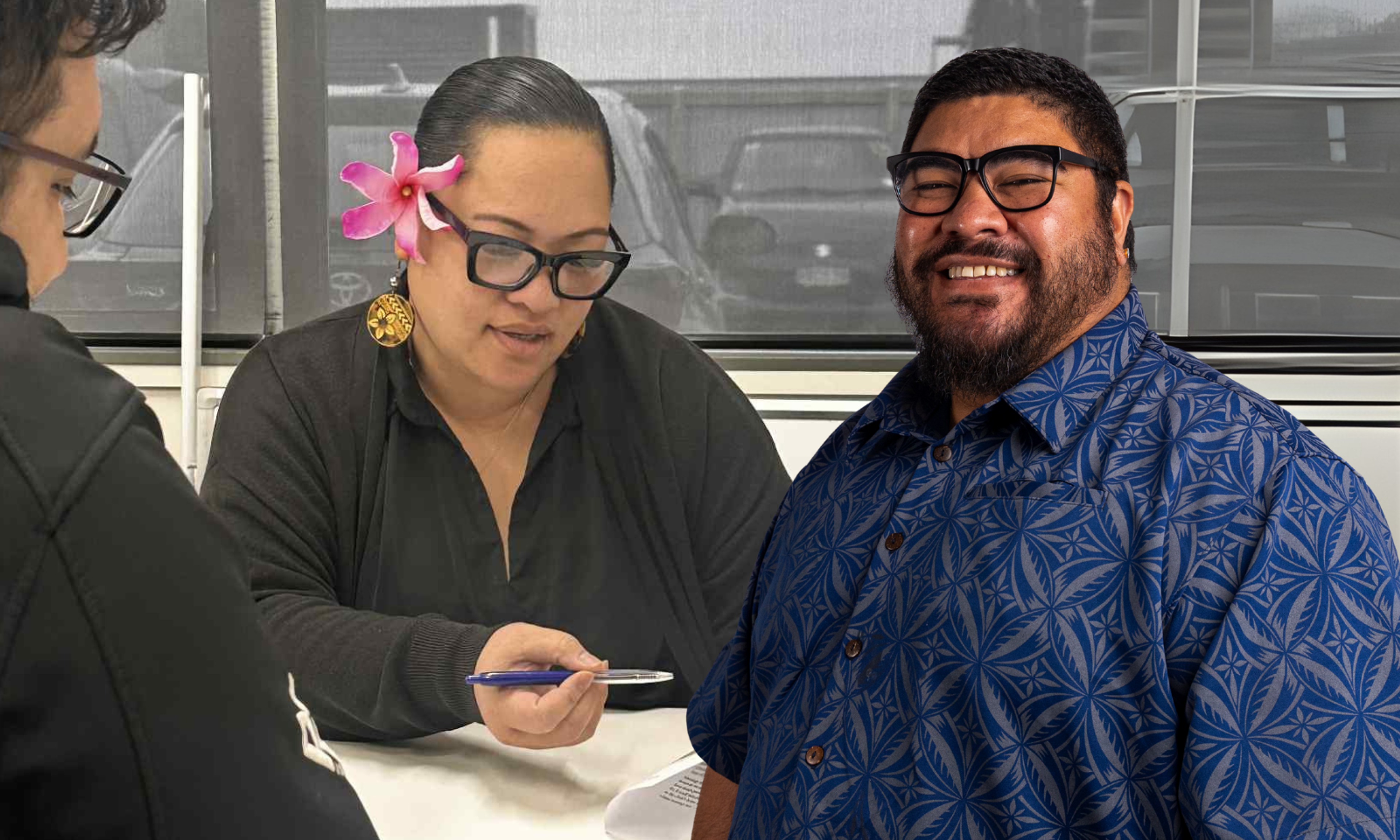
Sellina Sa'u and Leolasi Fauena (right) have both completed the Pacific Health micro-credential at University of Auckland.
Photo/Supplied
Micro health course improves Pacific cultural competence and community support
More than 100 professionals have completed the programme, reinforcing their health skills and cultural understanding.


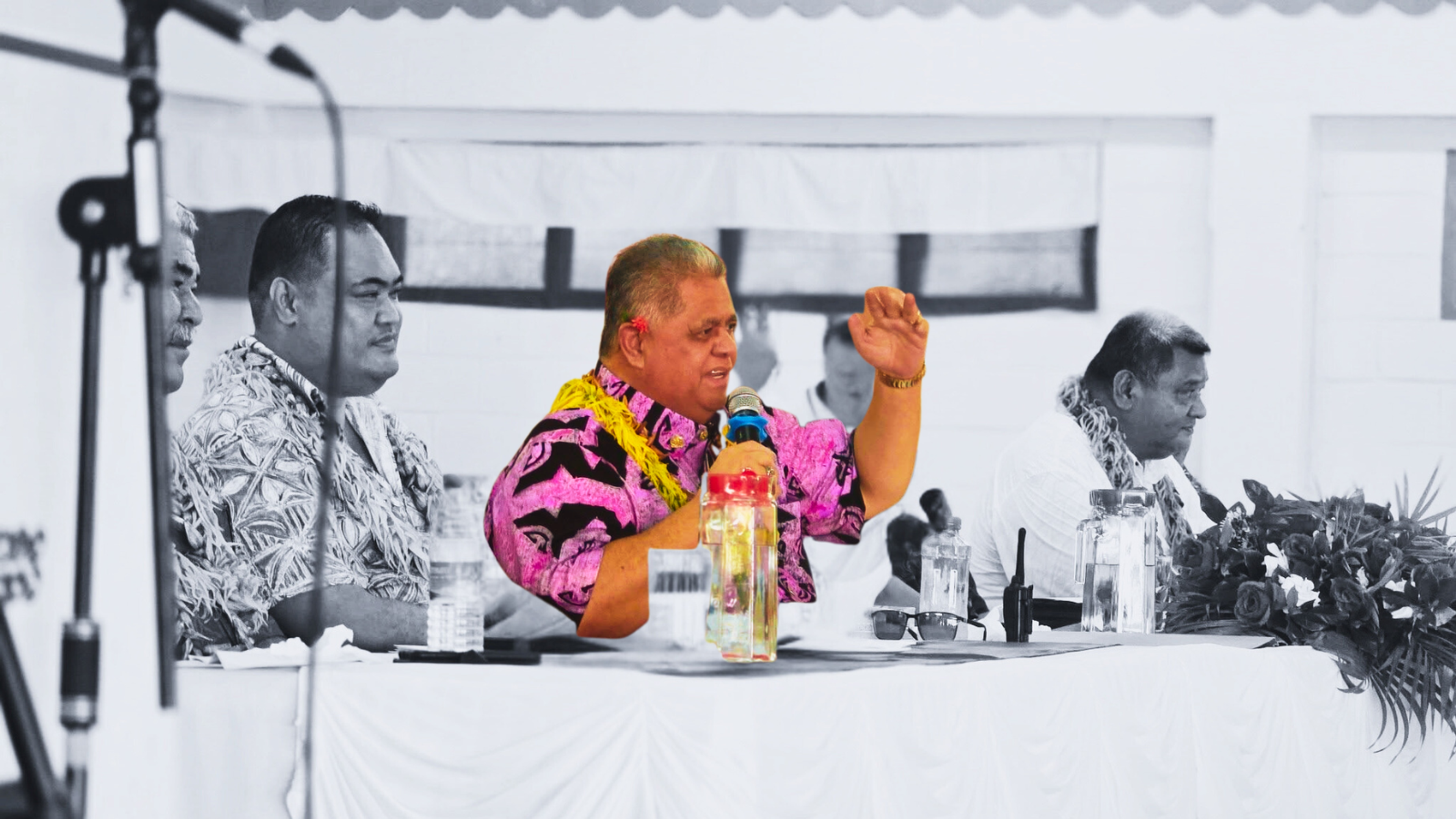

New Zealand-United States minerals talks spark concerns over Pacific seabed mining




New Zealand-United States minerals talks spark concerns over Pacific seabed mining
Designed by Pacific people for Pacific people, a course at the University of Auckland aims to strengthen the support that frontline health workers provide to families, while also creating pathways for further studies.
Now in its third year, the “Improving Wellbeing Outcomes for Pacific Families” micro-credential has seen more than 100 students graduate.
The hybrid programme combines online lectures, tutorials, and assignments with three in-person workshops, making it accessible for Pacific health workers who are balancing jobs, church commitments, and family responsibilities.
Topics covered include Polynesian migration, the history of Pacific migrants to Aotearoa New Zealand, Pacific models of care, and cultural contexts.
Graduate Leolasi Fauena says the course became much more than an academic journey for him.
“I realised how valuable it was in helping me reconnect with my Tokelauan roots and deepen my understanding of Pacific worldviews of health and wellbeing,” he tells PMN News.
“By the end, I felt more grounded, both in my cultural identity and in how I can use that to support families in my work.”
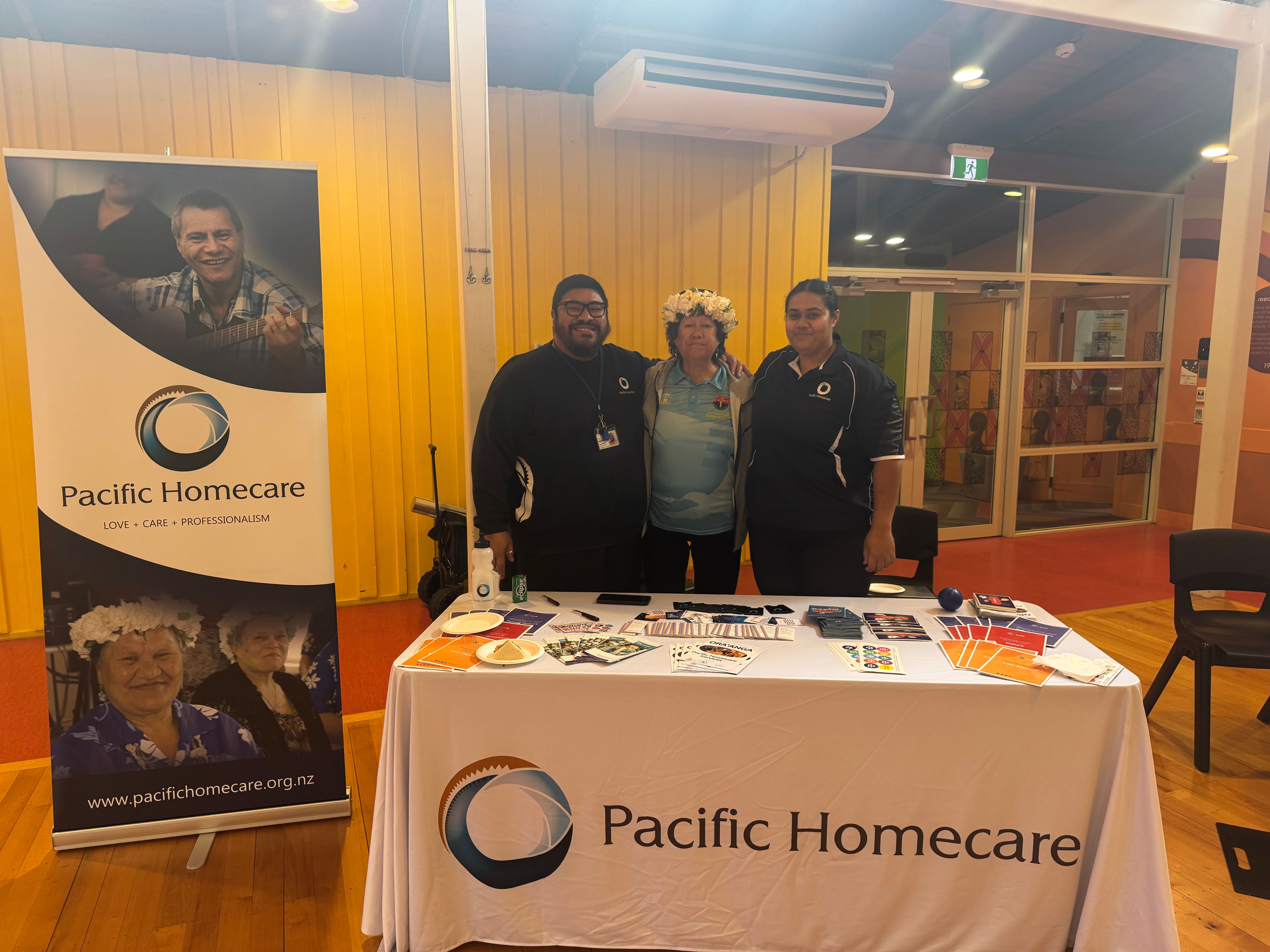
Leolasi Fauena (left) is the Operations Manager for Homecare Support Services at Pacific Homecare. Photo/Supplied
Fauena, the Operations Manager for Pacific Homecare support services, provided an example of how his newfound skills helped someone secure employment.
“It wasn’t just about finding him a job, it was about restoring his sense of identity, dignity and hope, and framing support in ways that empower families to draw from their cultural strengths.
“Instead of just seeing ‘issues’, I look at the family as a whole, their values, traditions, and the strengths that already exist in their village.”
Clinician Sellina Sa’u says the qualification challenged her assumptions about working with Pasifika families.
“I’m from the Cook Islands. I was brought up differently. My culture is not the same as my husband’s culture from Sāmoa. Families come to see me from Tonga, Sāmoa, Tuvalu, all different backgrounds.
“Even though I am Pasifika myself, it doesn't mean that I know everything about our Pasifika families. I don’t know their full family dynamics. I don’t know what struggles they are going through.”
Sa’u, a mental health and addictions clinician at Pacific Trust Otago, says the talanoa model of care taught in the course reshaped her approach.
“Talanoa is not just having a conversation; it’s about finding out the core issues our Pasifika families are facing.
“Sometimes they only tell us about paying rent or electricity, but we need to look deeper at what is happening in the background.”
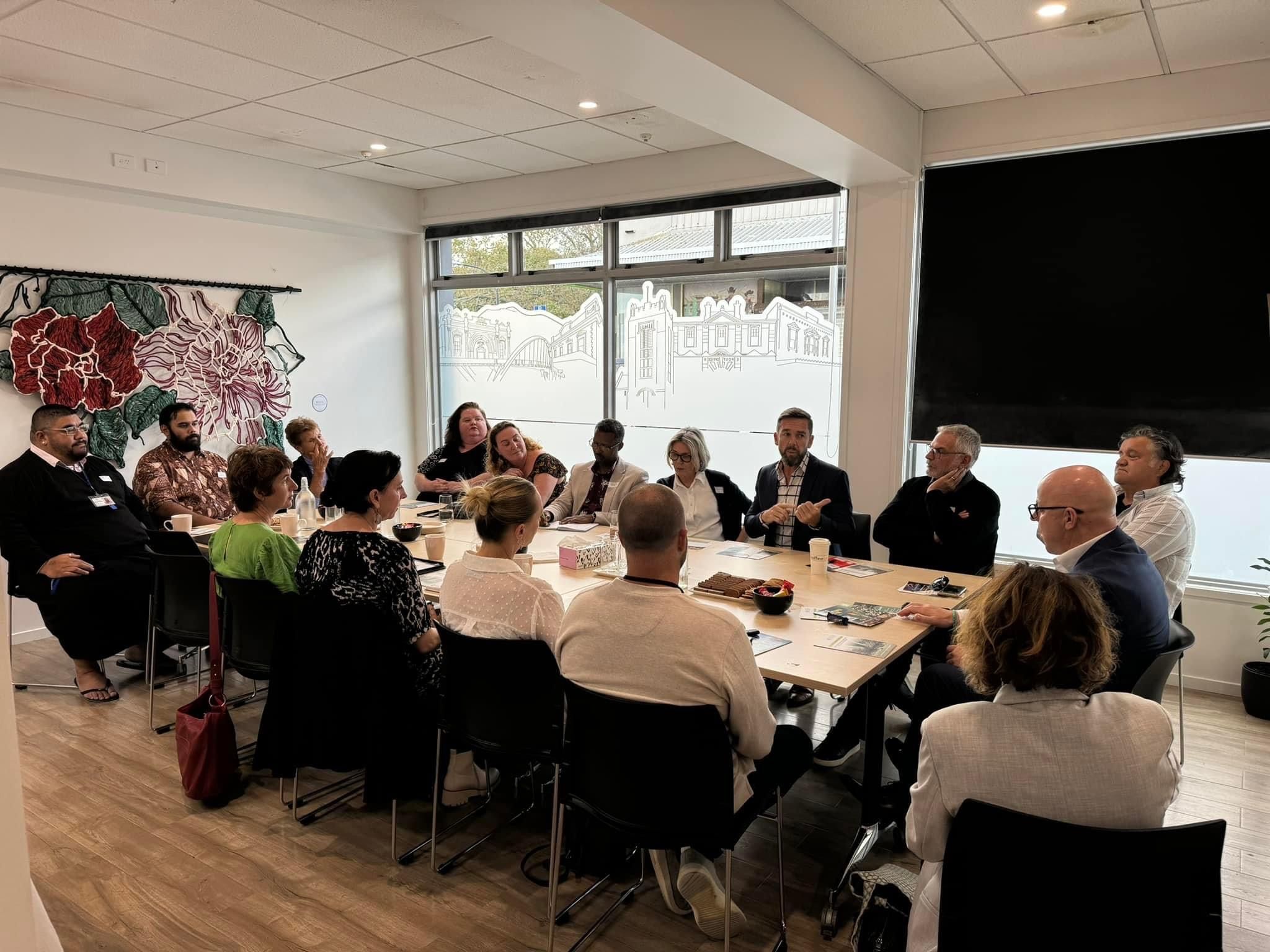
Pacific Homecare staff with Mental Health Minister, Matt Doocey. Photo/Supplied
She also facilitates a Friday programme for Pacific elders, encouraging them to connect through exercise, education, and sharing migration stories. After some hesitation, the conversations flowed.
“All the challenges they faced leaving their home islands and starting again here, they were able to share. People know they are not going through it alone. There are others struggling the same way.”
By Pacific, for Pacific
Jess Lagaluga-Hutchings, a graduate teaching assistant, says the programme is designed for experienced workers who may not have formal university qualifications.
“It recognises the skills Pacific health workers already have, while giving them a credit-bearing course that opens pathways to further education and new opportunities in the workplace,” he says.
“We wanted to create a course that reflects our values and the values of Pacific communities, and some of that is around not having late assignment penalties to encourage flexibility.”
The 15-point course is industry-endorsed and recognised by leading health employers, supporting pathways to further postgraduate study. Tuition fees are subsidised, with many employers covering the $827.55 cost.
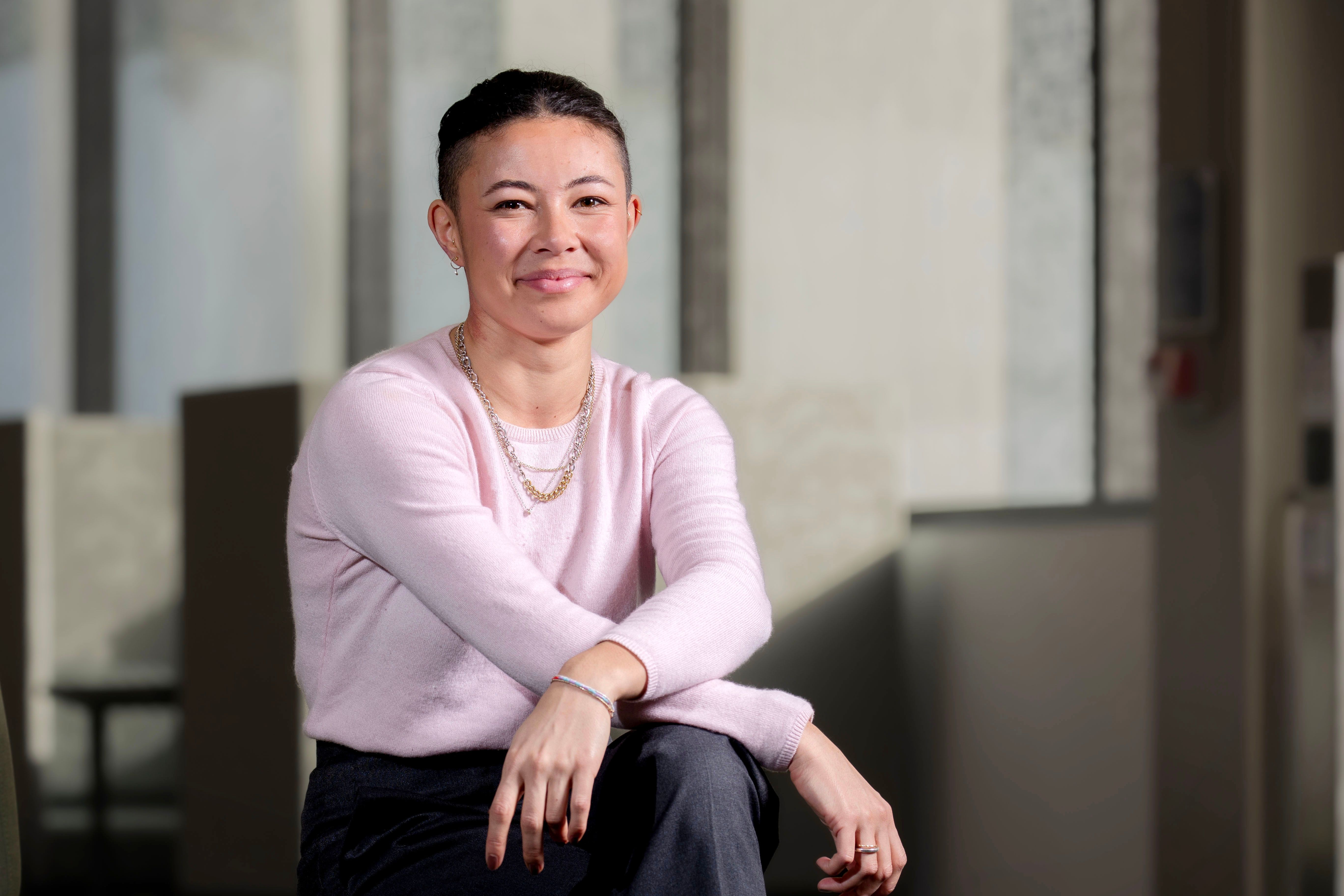
Jess Lagaluga-Hutchings is a Graduate Teaching Assistant at the University of Auckland. Photo/Supplied
Yvonne Sinclair, programme manager of the university’s Knowledge Hub, says students develop skills in academic writing, understanding theoretical frameworks, and critical thinking, with their progress being recognised in the workplace.
“The effectiveness of the micro-credential is inherently subjective, as each student experiences it in a unique way. However, employers have told us that their staff’s increase in academic confidence has had a positive effect in their work, with colleagues and Pacific communities.”
She says students also have access to a range of support services and future study pathways, including the university’s Careers and Employability Development Services.
“These professionals can help students explore the many options available to them, whether that involves continuing with further study, leveraging their work experience, or branching out into new career opportunities.
“It can also serve as a bridge into either the Postgraduate Certificate in Social and Community Leadership or the Postgraduate Diploma in Health Sciences, provided students complete the micro-credential with a B average or higher.”

The University of Auckland campus. Photo/File
Fauena says the training offers a foundation in Pacific worldviews that many frontline workers may not have, even if they hold professional qualifications.
“It sets me apart because I can walk in both worlds, delivering effective services while honouring the values, language, and frameworks that Pacific families hold dear.
“This course is more than a qualification, it’s a journey of discovery and growth, both personally and professionally.
“It will challenge you, inspire you, and open your eyes to the depth of Pacific cultural frameworks and how powerful they are in supporting families.”
Sa’u encourages others to participate. “You come out with tools, insights, and confidence that will transform how you work with Pasifika families.”